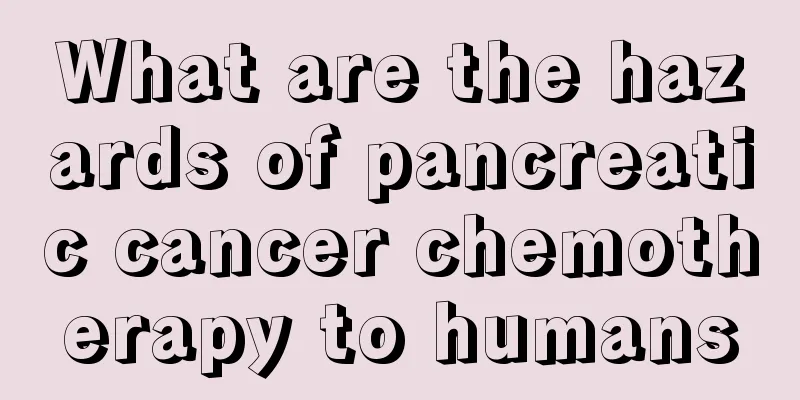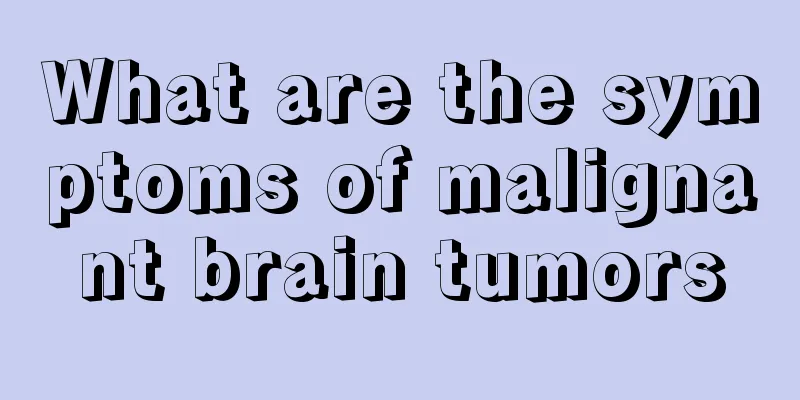What are the hazards of pancreatic cancer chemotherapy to humans

|
In addition to chemotherapy, radiotherapy is currently the most effective treatment for cancer. However, both radiotherapy and chemotherapy have certain side effects. After understanding these side effects, you can try to avoid and control them during treatment, alleviate the discomfort caused by chemotherapy, and improve the effectiveness of chemotherapy. 1. Decreased immune function: Chemotherapy drugs can damage the patient's immune system, leading to immune deficiency or decline. Immune function indicators such as E-roset test, CH50, C3 complement, T cell subsets, NK cell activity, interleukin II, etc., can all decrease to varying degrees after chemotherapy compared to before chemotherapy. Most anti-tumor chemotherapy drugs have immunosuppressive effects. 2. Physical weakness: Patients may experience general fatigue, mental depression, sweating, drowsiness, etc. 3. Bone marrow suppression: Most chemotherapy drugs can cause bone marrow suppression, which is manifested as a decrease in white blood cells and platelets, and even a decrease in red blood cells and hemoglobin. 4. Digestive disorders: decreased appetite, reduced food intake, nausea, vomiting, abdominal distension, abdominal pain, diarrhea or constipation, etc. Many chemotherapy drugs cause the above symptoms by irritating the gastrointestinal mucosa. 5. Inflammatory reaction: fever, dizziness, headache, dry mouth, mouth ulcers, etc. 6. Cardiotoxicity: Some chemotherapy drugs can cause cardiotoxicity and damage myocardial cells. Patients may experience symptoms such as palpitations, chest tightness, precordial discomfort, shortness of breath, and even heart failure. Electrocardiogram examinations may show T wave changes or ST segment changes. 7. Kidney toxicity: Large doses of some chemotherapy drugs can cause kidney damage and result in low back pain, discomfort in the kidney area, etc. 8. Pulmonary fibrosis: Cyclophosphamide, vincristine, bleomycin, etc. can cause pulmonary fibrosis. Chest X-rays show thickening or cord-like changes in lung texture. This is more dangerous for patients with poor lung function in the past, and can even be life-threatening. 9. Cystitis: Ifosfamide, cantharidin, camptothecin, etc. can cause patients to experience a series of drug-induced cystitis symptoms such as lower abdominal discomfort or bloating, hematuria, etc. 10. Nervous system toxicity: mainly refers to the damage of chemotherapy drugs to peripheral nerve endings. Patients may experience numbness and dysesthesia of the extremities. For example, vincristine, vinblastine, vinblastine, and novoben may cause neurotoxic side effects to varying degrees. 11. Phlebitis: Most chemotherapy drugs are administered by intravenous drip, which can cause varying degrees of phlebitis. The diseased blood vessels turn dark red or dark yellow, causing local pain and appearing like cords when touched. In severe cases, thrombotic phlebitis may occur, resulting in blood flow obstruction. |
<<: Complications of pancreatic cancer surgery
>>: Is it easy to recover from severe bleeding after pancreatic cancer surgery?
Recommend
What can you eat to prevent liver cancer? To prevent liver cancer, you should eat more three kinds of bamboo shoots
For patients with liver diseases such as hepatiti...
Can I still have surgery if rectal cancer recurs?
Can rectal cancer be treated with reoperation if ...
The skin on my legs is like fish scales
Some people find that the skin on their legs is a...
Homemade Natural Hair Dye
Hair dyeing is a very common thing. Many people l...
Can throat cancer be cured in the late stage?
Can late-stage laryngeal cancer be cured? Larynge...
What is the difference between sturgeon and beluga
Sturgeon and sturgeon look very similar to people...
What's the matter with the white spots on the face
You need to pay attention to white spots on your ...
What is the reason for acne on the back
Many people think that acne only grows on the fac...
What's wrong with the obvious blue veins in the lower limbs
Blue veins are what people often call blue tendon...
Introduction to some dangerous substances that can cause skin cancer
The cause of skin cancer has a lot to do with the...
Are there benign chondrosarcomas?
Clinically, osteosarcoma is a tumor disease that ...
4 actions a day to get rid of all poisons
Life is about exercise. If you don’t like all kin...
How long after rhinoplasty can I wear glasses
There are many patients who are born with flat no...
Why does colon cancer occur? What are the early symptoms of colon cancer?
Cancer is a disease that everyone fears. The harm...
Symptoms of back fasciitis
Our back is covered with densely packed nerves be...









